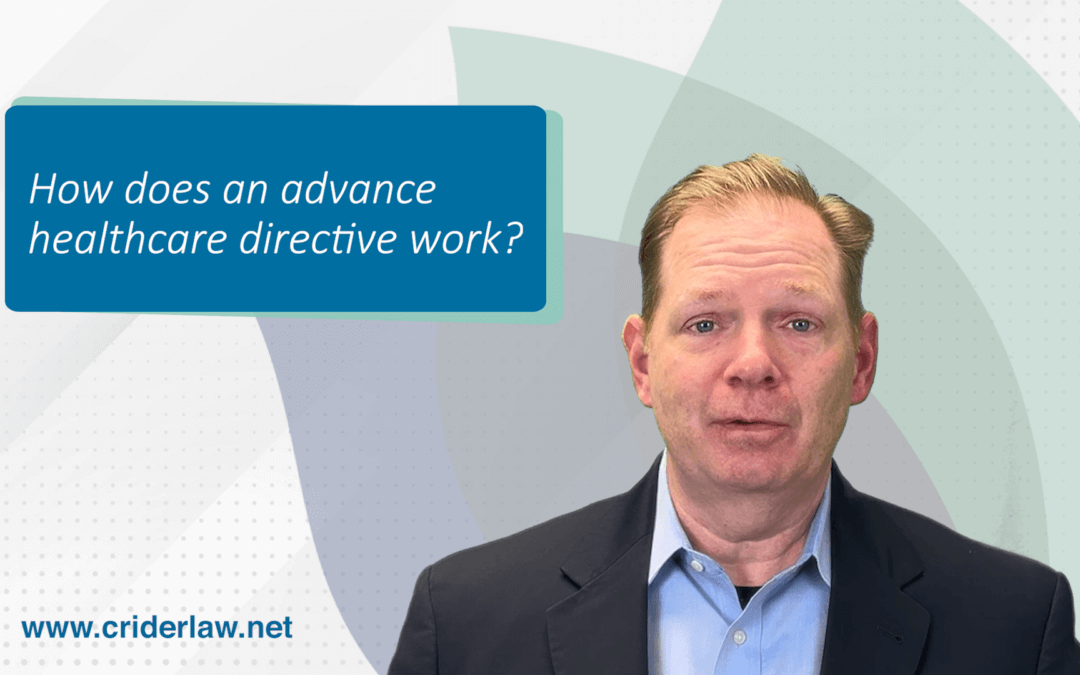
Can I refuse certain medical treatments in my advanced health care directive?
And the answer is yes. You can list in your advanced health care directives those medical treatments which you do not want.
So it is fairly common in an advanced health care directive for people to list out that they do not want life prolonging medical treatment if they are in a permanent vegetative state, for example.
And so it is possible within an advanced health care directive to list out the treatments that you want and don’t want.
If you have additional questions about health care directives or anything else related to estate planning, please click the link on this web page and we’d be happy to schedule a time to talk with you.








